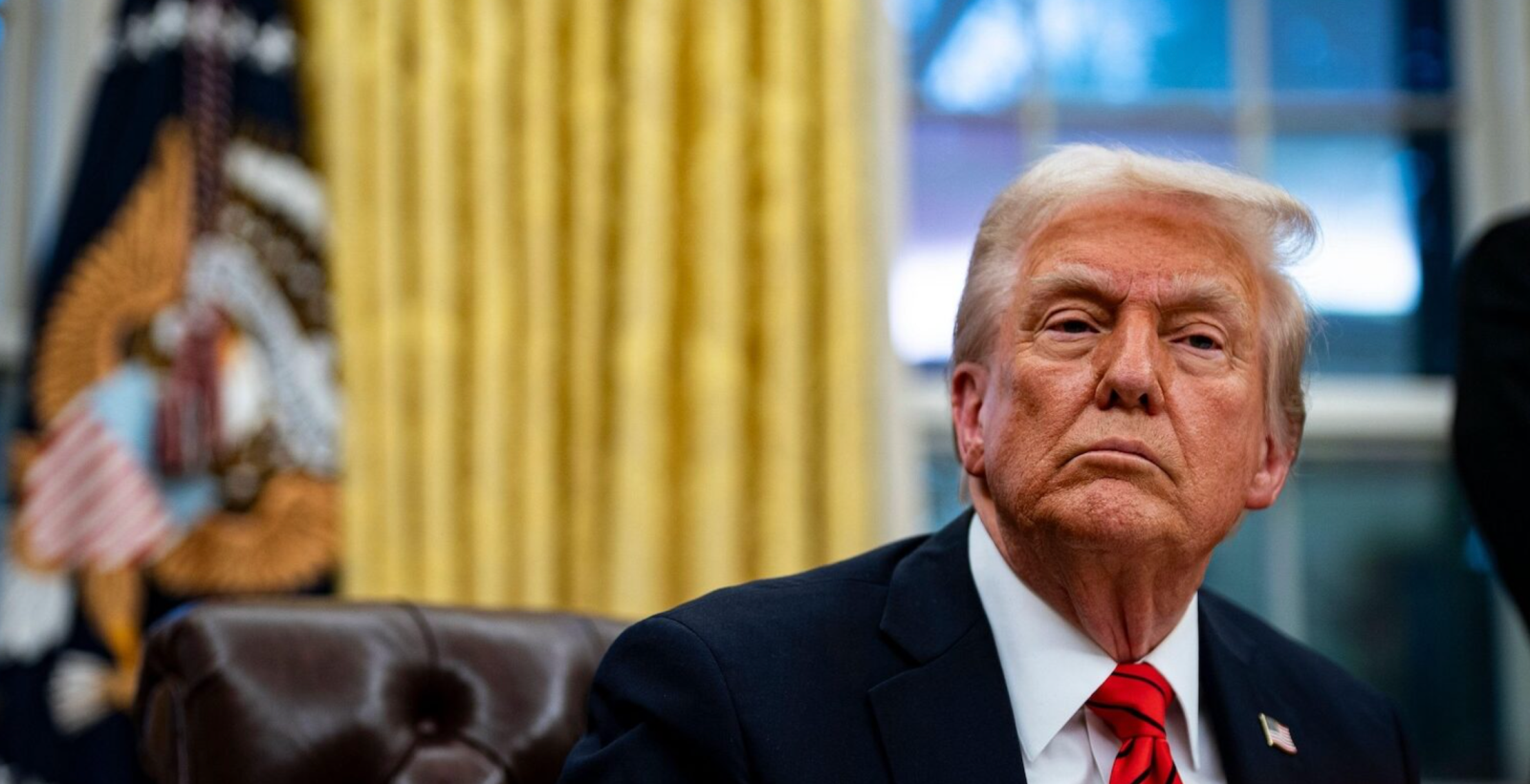
Falling oil and gas prices, driven by recession fears, may encourage continued fossil fuel use by making pollution cheaper. At the same time, investments in greener alternatives like electric vehicles and low-carbon heating are becoming harder to justify—especially for financially stressed households.
But the most pressing concern is Trump's targeting of China, the global leader in clean energy manufacturing. Tariffs aimed at Beijing risk cutting off US access to affordable green tech, threatening clean energy progress in the world's second-largest emitter.
A Blow to US Clean Energy
Experts warn that Trump's tariffs will likely raise the cost of building clean energy projects in the US, which has long relied on importing both final products and essential components from abroad. Leslie Abrahams of the Center for Strategic and International Studies notes that even domestic clean tech manufacturing depends on foreign parts—now subject to higher costs due to tariffs.
While Trump hopes to boost US manufacturing through new factories, building them requires tariff-hit materials like steel, aluminum, and cement. That, along with higher borrowing costs in a shaky economy, may scare off green investors once optimistic under the Biden administration.
Abrahams warns that these policies could delay clean energy rollout in the US and sap funding for early-stage green innovation. As a result, the US risks surrendering global market share in clean tech—while China shifts focus to countries more welcoming to green investment.
"While this may speed up clean energy adoption elsewhere, it's a missed opportunity for the US," she said.
Green Shift Continues Without the US
Kingsmill Bond of energy think tank Ember believes the global energy transition will move forward regardless of the US stance. "If the US isolates itself, the rest of the world will continue moving ahead. It's a loss for American clean energy, but others will benefit," he said.
According to climate group 350.org, the US plays a relatively small role in global clean tech trade—receiving just 4% of China's exports. The sector grew by 30% last year, and that momentum isn't expected to slow.
"Trump's tariffs won't derail the clean energy revolution—but they will hurt American families," said Andreas Sieber of 350.org. "Renewables are unstoppable, with or without him."
A senior executive at a European renewables company confirmed that while current US projects would proceed, future investments would shift elsewhere. "We're not scaling back—just shifting to more promising markets," they said. That could ease strain on global supply chains and open doors in fast-growing regions like Southeast Asia, Brazil, and Australia.
Bond added, "In uncertain times, countries will seek domestic solutions—both for climate and national security reasons. That favors local clean energy development."
Keeping Investors on Board
Governments hoping to attract redirected green investment must offer stability. Dhara Vyas of Energy UK stressed that certainty is key: "The UK is viewed as stable, but now we must double down to reassure investors."
Bond agreed, noting that in addition to stability, investors seek growth. "That's why the sector still inspires confidence."
US Policy Still Matters
Despite its recent retreat, the US remains critical to global climate outcomes, says Marina Domingues of Rystad Energy. "The US is still a major emitter. What it does has global implications," she said.
While China emits nearly three times more carbon, the US's role remains significant—especially as energy demand rises. Rystad expects a 10% spike in US electricity use due to booming AI data centers and a resurgence in domestic manufacturing as Chinese imports fall.
Without a green energy expansion, much of this demand will be met with fossil fuels. The US plans to lean more on shale gas—and even coal.
In the same week he imposed tariffs, Trump signed four executive orders designed to protect the coal industry. Climate advocates called it an abuse of power.
Anne Jellema, head of 350.org, said: "Trump's latest push for coal is a dangerous fantasy that risks our health, economy, and future."